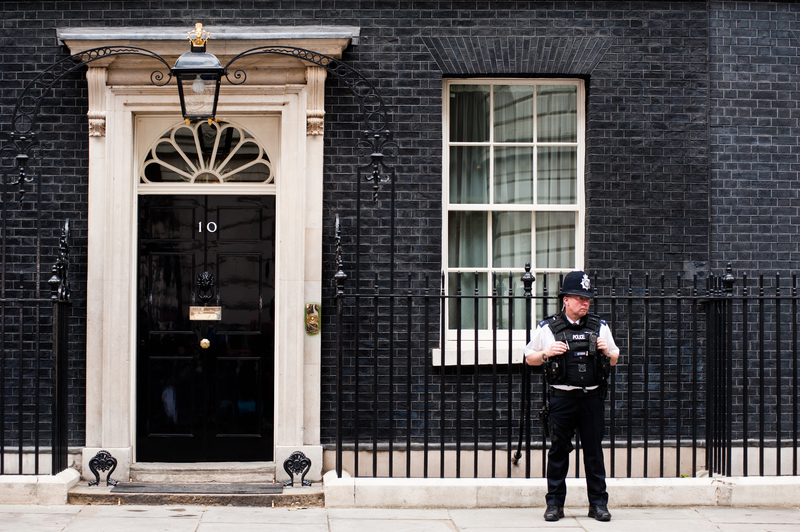How to improve communication skills

Did you know that speech only accounts for 10% of your ability to communicate a message? There is a lot more to good communication skills than just words. In fact, the biggest and most crucial influence on how you are perceived comes from your non-verbal communication at almost 70 percent. So, how do you improve your communication skills?
What is good communication?
During good communication, the message gets received exactly as the sender has intended, however, more often than not, good communication is not achieved due to differences in interpretation because of both verbal and non-verbal communication.
Verbal communication skills
 Although words are not as important as some may have initially thought, it is still important to keep some points in mind in relation to your speech and getting your message across:
Although words are not as important as some may have initially thought, it is still important to keep some points in mind in relation to your speech and getting your message across:
• Focus on speaking clearly
• Don’t forget what you actually want to communicate
• Remember to notice how the other person is reacting to your words
Words make up just 10 percent of overall communication. Expressions and how you say what you say count for 20 percent of the message. Non-verbal communication is the most important factor to consider when getting your message across.
Communication skills: Body language
 Your body is speaking loud and clear even if you don’t pay attention to it. Some people are especially good at receiving those non-verbal signals, so it is important to remember to align your spoken language with how your body language is being perceived. If, for example, you are telling your employees about a new project, that you yourself do not really believe in, it usually becomes quite obvious to the recipients what you really think about it. The negative body language you emit will usually influence your employees, so much so, that they will not be able to ‘buy’ into your words as they are aware you do not believe in them either.
Your body is speaking loud and clear even if you don’t pay attention to it. Some people are especially good at receiving those non-verbal signals, so it is important to remember to align your spoken language with how your body language is being perceived. If, for example, you are telling your employees about a new project, that you yourself do not really believe in, it usually becomes quite obvious to the recipients what you really think about it. The negative body language you emit will usually influence your employees, so much so, that they will not be able to ‘buy’ into your words as they are aware you do not believe in them either.
The Four Steps to effective communication
For good communication to be possible, the preferences of all individuals involved need to be considered and this ability and awareness demands good people skills. It is possible to improve as communicators by acknowledging a few ground rules.
The four steps to effective communication are:
Presence
If you are not mentally present, it is impossible for you to pay attention and listen attentively. In practice, what you need is to stay focused
and avoid allowing your thoughts to wander to past situations or future events. Your body language can reveal quite easily whether you are present or not and therefore using firm eye contact, for example, can confirm to others that you are awake and present.
Listening
Listening skills are highly important for communication to be effective. When listening, we need to tune in to another person’s emotions. Active listening gives us understanding beyond words and connects us with what the other person is experiencing internally.
Talking
In this context, talking refers to a skill of repeating and acknowledging what has just been said by another. This can be achieved successfully through checking for clarification from the speaker.
Trust
Presence, listening, and talking are the steps that create the foundation for trust. It may be surprising to know that doing is linked to building trust. When we want to build a bridge between people, we need to hand things over and learn to let go.




